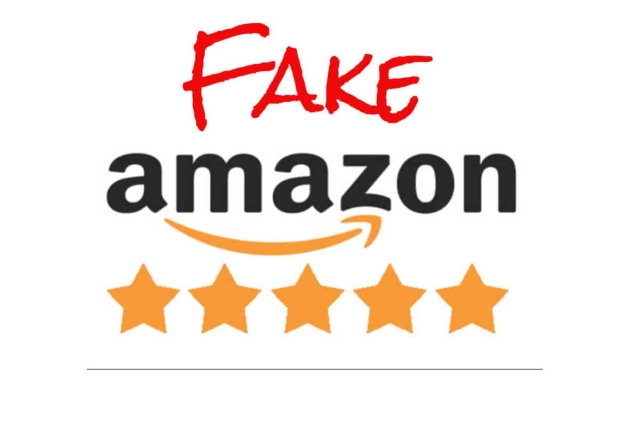 Holiday season is upon us, along with holiday shopping season. Perhaps this problem has existed for a while, but it seems that fake online product reviews have jumped by an order of magnitude this year.
Holiday season is upon us, along with holiday shopping season. Perhaps this problem has existed for a while, but it seems that fake online product reviews have jumped by an order of magnitude this year.
The severity of the fake review problem first struck me this summer, when I found myself in the middle of the French countryside in sudden need of a replacement charger for my Macbook Air. Amazon’s expedited delivery was my only option, so I searched The Everything Store for ‘Macbook Magsafe charger’. Apple’s official (and astronomically priced) accessories appeared, but not at the top of the listings. A number of less expensive chargers from independent vendors held the pole positions on my search query.
The price of the knock-off chargers was appealing (60% cheaper than the official Apple charger), but could the quality be trusted ? To answer this question, I consulted the product reviews.
One reviewer wrote a 500+ word ode about how one particular knock-off Magsafe charger had “changed her life” after her cat had eaten the original. The passion and length of the storytelling seemed a bit excessive, so I clicked on her profile to read other product reviews this user had written. Sure enough, several other products for sale on Amazon had served this user as a replacement for cat-eaten items. Air filters, ethernet cables, batteries, etc… all supposedly devoured by this person’s ravenous feline.
Curiosity may have killed the cat, but I couldn’t resist jumping down the rabbit hole into the world of fake online reviews. Here’s what I learned…
Back during the dotcom boom (for those of you old enough to remember), the trillion dollar company we know today as Amazon was a mere upstart against the much more powerful eBay at the time. In order to better compete against eBay, Amazon began inflating their inventory with products from third-party vendors, as though Amazon were selling these products themselves. This worked quite well. Then in 2006, Amazon made it even easier for third-party sellers to join by offering comprehensive fulfillment services.
So Amazon handles the shipping, customer service, any refund processing, etc. This move essentially opened the gates to sellers of all sizes to list their wares on Amazon. Amazon, in turn, truly became the store of near-infinite product selection.
With all these new sellers, however, came the sport of jockeying for position to appear in the top results of a product search on Amazon. Just as Google’s algorithm strives to display the most relevant results from a general internet search, Amazon designed an algorithm which attempts to prioritize the best stuff on their platform for any given product query.
And just as website marketers strive to game the system and optimize their placement in Google’s search results, product vendors on Amazon are demonstrating a relentless creativity in their pursuit to juice product placement on Amazon.
I debated for weeks between buying these speakers or getting my wife her much needed transplant
Apparently, Amazon’s algorithm ascribes a high score to a product’s user reviews. Accordingly, an unscrupulous actor aiming to game the algorithm would seek a high volume of positive user reviews.
Yet Amazon allows users to leave a review only upon definitive purchase of the product. Hence, a whole industry of fake reviews is born. Promotional intermediaries offer real people free product in exchange for writing a glowing review.
So the result is a group of mischievous Internet users who leave product reviews like this one for a pair of stereo speakers:
Or this one:
Once the laughter subsided and reality set back in, I started wondering whether blockchain technology could somehow solve this pernicious problem pervasive on the internet.
As it turns out, other, smarter people are way ahead of me on this. In a future piece I’ll discuss one project which particularly impressed me in this area.


